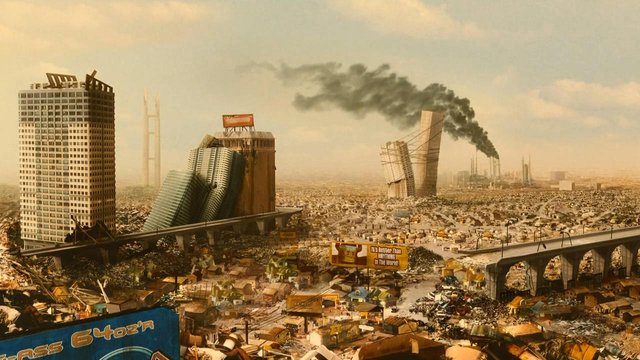
We were all waiting for 1984. It came, but the prophecy did not come true; the more thoughtful Americans heaved a sigh of relief, congratulating themselves on the narrow escape. Democracy had resisted. Elsewhere in the world perhaps there was terror; we were spared Orwell's nightmares.
We had forgotten that, in addition to Orwell's hellish vision, a few years earlier there had been another, perhaps less well known although equally chilling: that of Aldous Huxley's New World. Contrary to popular opinion even among educated people, Huxley and Orwell did not prophesy the same things. Orwell imagines that we will be overwhelmed by a dictator. In Huxley's vision, Big Brother will not take away our autonomy, culture and history. People will be happy to be oppressed and will love technology that frees them from thinking fatigue. Orwell feared that the books would be banned; Huxley, not that the books were banned, but that there was no longer anyone willing to read them. Orwell feared those who would deprive us of information; Huxley, those who would have given us too much, to the point of reducing us to passivity and selfishness. Orwell feared that ours would be a slave civilization; Huxley, which would have been a cafonesca culture, rich only in sensations and childishness. In the Return to the New World, the libertarians and rationalists - always ready to oppose the tyrant - "did not take into account that men have an almost insatiable appetite for distractions." In 1984, adds Huxley, people are kept in check with punishments; in the new world, with pleasures. In short, Orwell feared that we would be destroyed by what we hate, Huxley, by what we love.